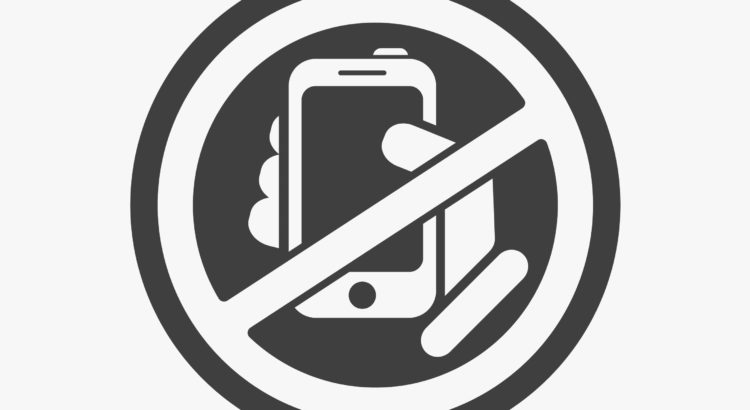Have you ever been in the midst of a conversation with someone and, all of a sudden, her phone rings and, rather than ignoring the call – since you are in the midst of a conversation – she grabs her mobile and weighs whether to answer it? Of course, you have – haven’t we all? And, be honest, haven’t you also been on the other side the of the equation? Sometimes we’re the one who’s phone is doing the ringing. Though I’m somewhat ashamed to admit it, I have even weighed whether to take the call on more than one occasion. Harrumph.
The process of engaging in multiple simultaneous conversations I just described is what researchers call “multicommunication.” New research suggests that those who multicommunicate are perceived as impolite, uncivil, and/or incompetent. How do I know? Well, my pal, Dr. Cameron W. Piercy, Assistant Professor of Communication Studies at the University of Kansas (Go, Jayhawks!), teamed up with doctoral candidate, Greta R. Underhill, to study people’s reactions to others multicommunicating. To keep things simple, think of it as research about people’s reactions to others keeping their phones out on the table during interactions (e.g. meetings, meals, coffees, et al). For reference, the research report published in Mobile Media & Communication is entitled: “Expectations of Technology Use During Meetings: An Experimental Test of Manager Policy, Device Use, and Task Acknowledgment.” What a mouthful, but I’ll paraphrase a few highlights for us all to consider:
- Don’t Be a “Phubber.” People said that when their companion looks at his/her phone during a social interaction, they felt snubbed (get it? Phone Snubbing = Phubbing!).
- Notetaking: Go Old School. In the study, respondents said that, during meetings, even if they knew their counterpart was taking business-related notes on his/her phone, they perceived that he/she was disengaged from the actual conversation. Their preference: Notetaking on a notepad (that’s pen and paper, just to be clear) or a computer.
- Be Aware of the “Introspective Illusion.” These academic folks do like their jargon! The “introspective illusion” is simply the idea that we each have access to our own thoughts, motives, and this study adds, screens. So, for example, during a meeting, I know I’m actually texting a client and not playing Candy Crush™. However, onlookers assume I’m absolutely smashing those sugary bricks or swiping right and using my phone for something other than work or the topic we are actually discussing. Though the researchers expected an apology would mend any bad impressions of phone use during meetings, it turns out, the apology made no difference! So, keep your excuses to yourself and do your best to keep your phone stowed away.
- Set Expectations. Okay, this is just realistic: There are times when you need your phone. If that’s the case, set expectations. The research indicated that if a manager had a policy in place allowing technology use while in meetings, then an apology reduced bad impressions. So, if you are expecting an important call or text help manage others’ perceptions of your technology behavior by letting your colleague or friend know in advance that you are keeping your phone out as you anticipate this message or call. It’s just common courtesy!
Bottom line: During meetings, during coffees or lunches with others, during dinner with your family, put away your phone. Whether you realize it or not, others are judging you and assuming the worst when it comes to technology use in these settings. Save device use, for whatever purpose, for times when you are on your own.
Happy Networking!
